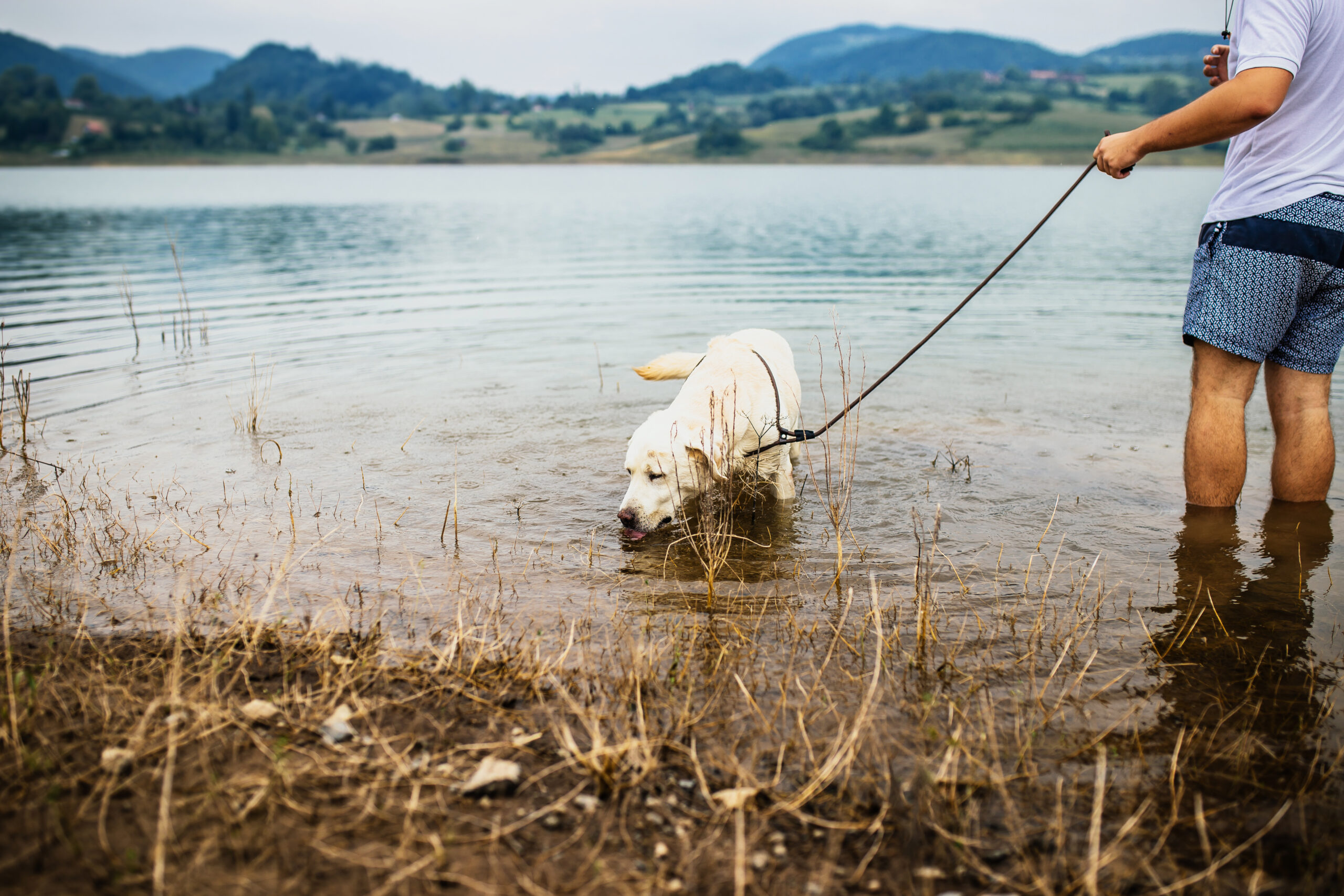
Jeff Bova of East County, San Diego, sadly died after contracting a flesh-eating bacteria in a pond. He had an open wound on his arm and chased his dog into the body of water. What started as a small red spot soon became a deadly infection.
Jeff died from what is known as necrotizing fasciitis, which caused an infection when he got water on his open wound. He initially tried to heal the infection on his own, as he didn't like going to doctors.
He finally went to the hospital when the pain became unmanageable. Unfortunately, he died just two days later.
More from LittleThings: 14-Year-Old's Minor Sports Injury Leads To Deadly Bacterial Infection
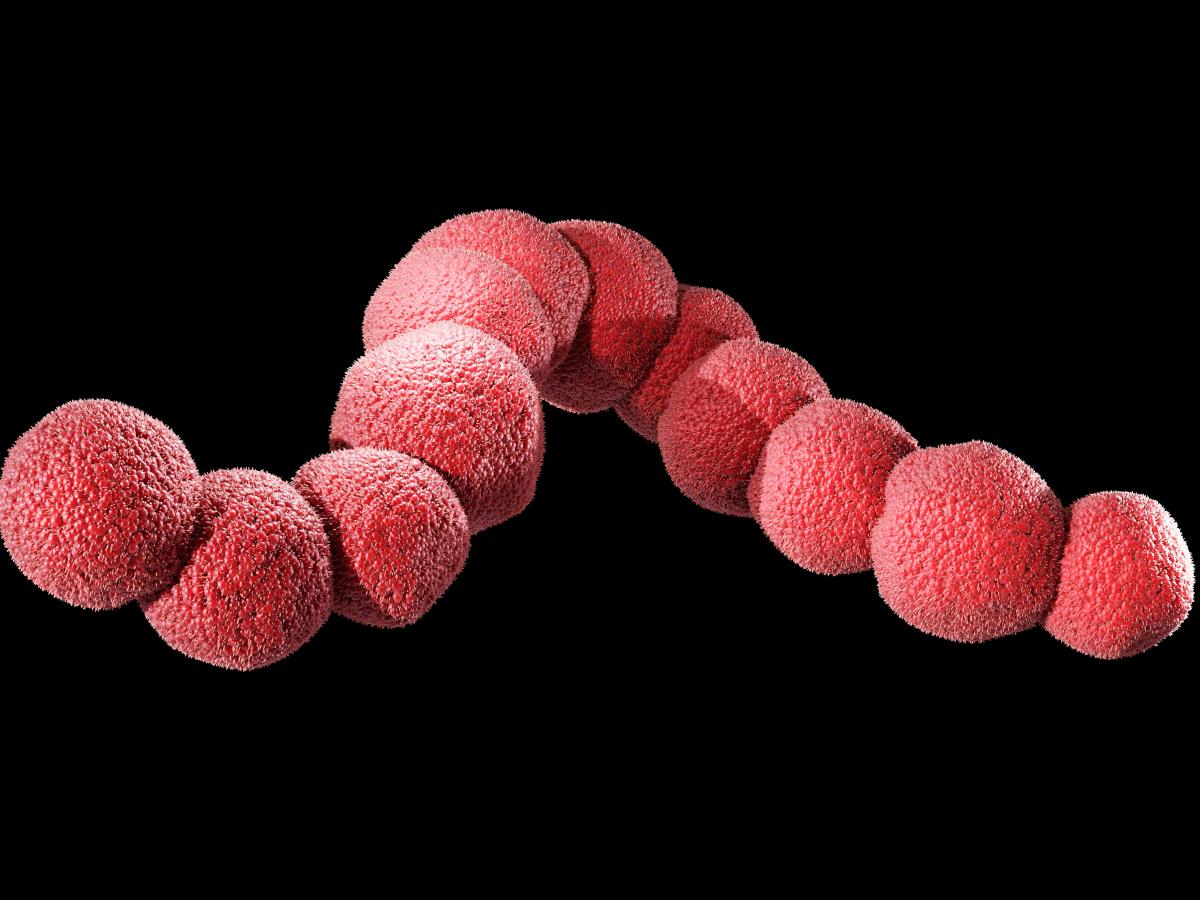
The infection that he had is rare, affecting 700 to 1,500 people yearly in the US. The bacteria is often found in saltwater or bodies of water like ponds, lakes, and rivers.
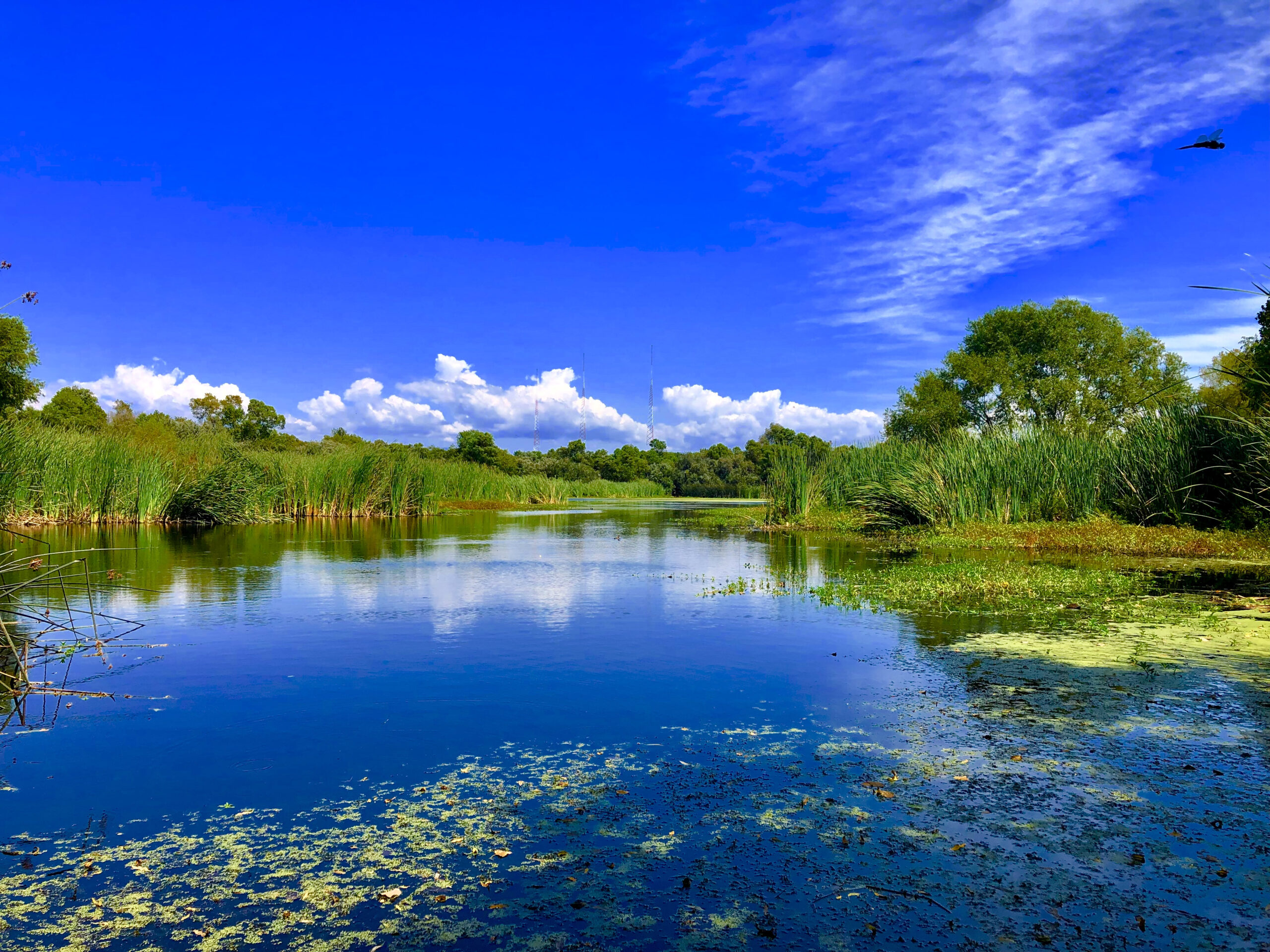
The bacteria can make its way into your body through a cut, scrape, burn, surgical wound, or even something as small as an insect bite. The flesh-eating bacteria kills 20% of people who contract the infection.
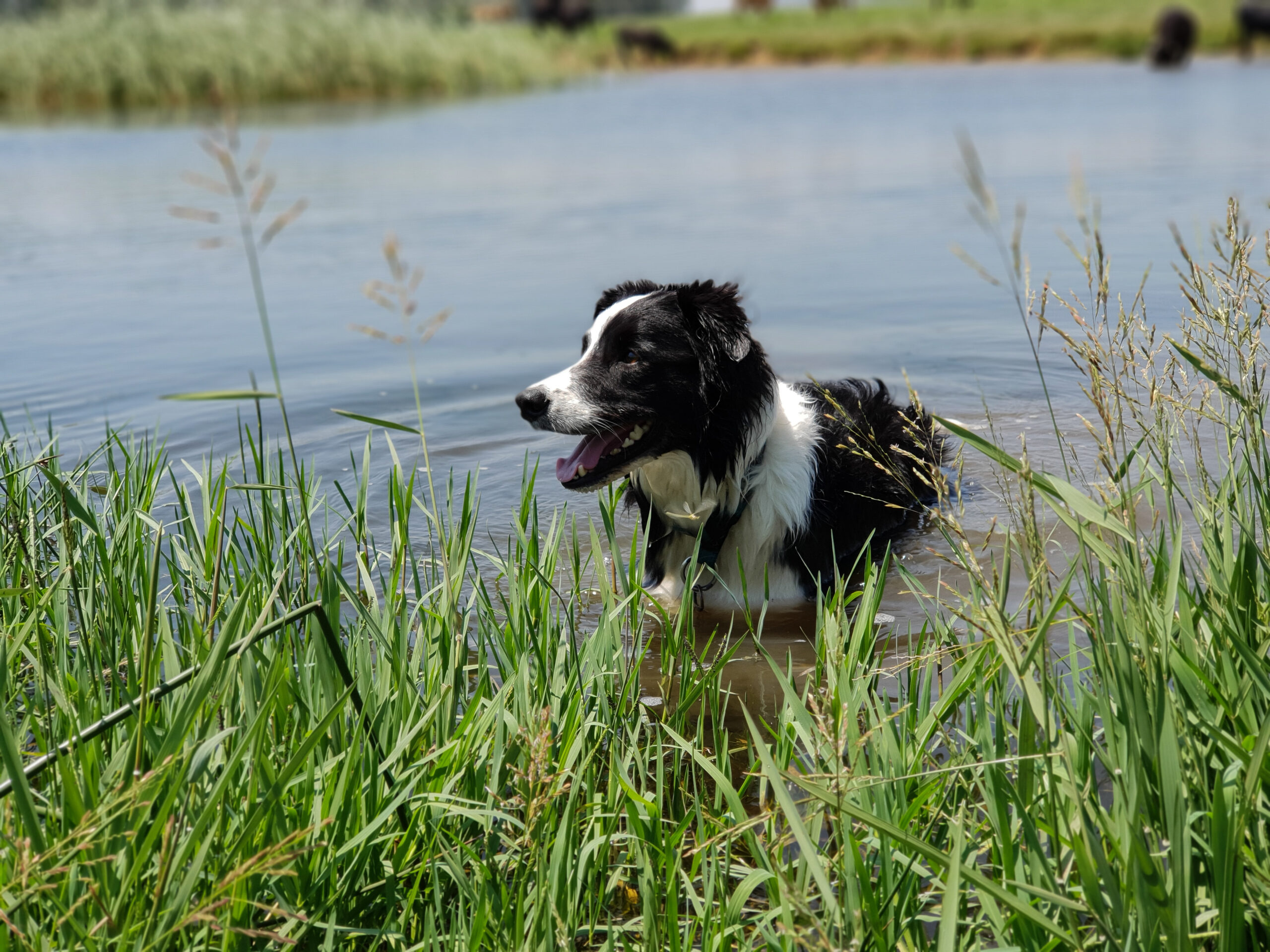
The increase in heavy rains have created new ponds around San Diego areas. Experts have warned against going into these ponds, especially if you have any open wounds.
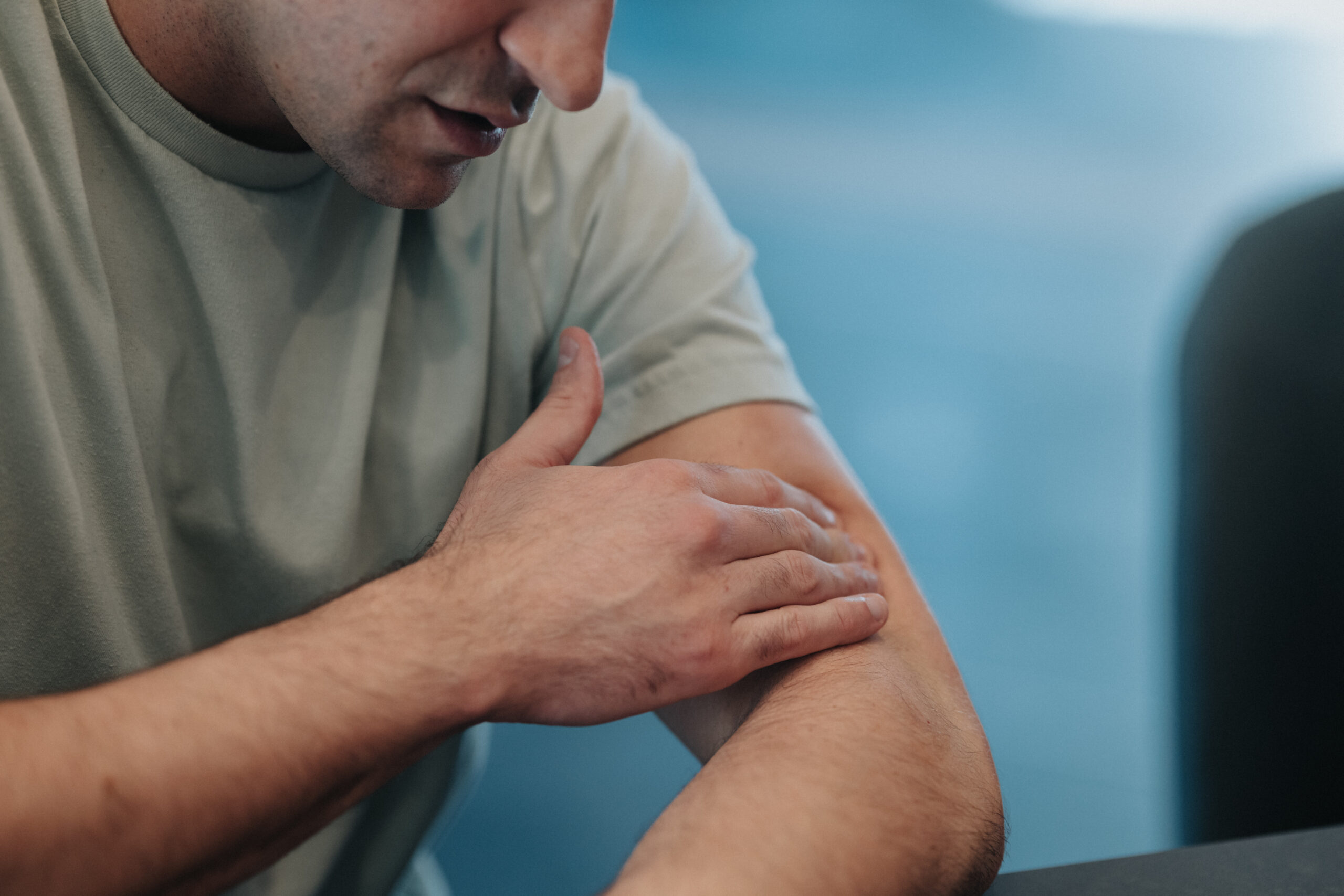
Early detection of the bacteria could be what helps to prevent the infection from becoming deadly. Jeff had a weakened immune system, which is what assisted the infection in becoming fatal.

Those at increased risk of contracting this flesh-eating disease are people with health problems, like kidney disease, cancer, or diabetes. Essentially, any health problem that lowers the body's ability to fight off infections puts a person at higher risk of contracting this disease.
Jeff's mother pleads that anyone who ever gets a sore that turns red and/or swells should go get it checked immediately, as it could possibly save their life. Some early symptoms of necrotizing fasciitis are body aches, fever, chills, and nausea. Some later symptoms include reddened or discolored skin, swelling of affected tissues, blisters, low blood pressure, and sepsis.




